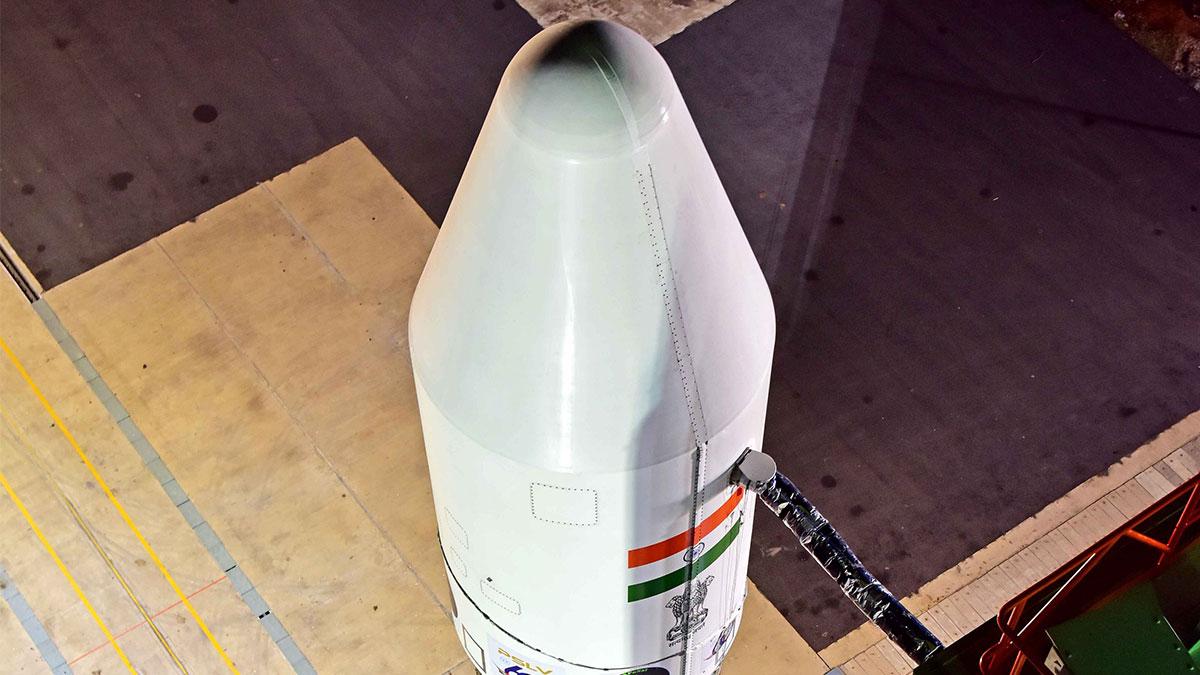India marked the commencement of 2024 with a remarkable achievement as it successfully launched its X-ray Polarimeter Satellite (XPoSat) via the Polar Satellite Launch Vehicle-C58 (PSLV-C58), representing a significant milestone for the Indian Space Research Organisation (ISRO).
At 9:10 a.m. on January 1, the PSLV-C58 soared from the Satish Dhawan Space Centre, carrying the XPoSat along with ten experimental payloads on its fourth stage. The launch witnessed a seamless liftoff as the rocket ascended with a vibrant orange flame, leaving spectators in awe.
Approximately 21 minutes into the flight, the XPoSat was released at an altitude of around 650 km, displaying an exceptional orbit accuracy with just a three-kilometer deviation, as confirmed by ISRO Chairman S. Somanath.
Following the deployment of XPoSat, the rocket's fourth stage will be maneuvered to a lower orbit of 350 km to avoid additional space debris. ISRO will repurpose this stage as an orbital platform housing ten experimental payloads.
Additionally, ISRO is preparing to conduct unique fuel disposal methods for the remaining propellant in the fourth stage, ensuring safety in planned atmospheric reentry experiments. The control of the stage will be transferred to the PSLV Orbital Experimental Module-3 (POEM-3) avionics post-passivation.
The POEM-3 serves as a stabilized orbital platform for testing novel systems and houses various avionic systems for navigation, control, and conducting payload experiments, powered by flexible solar panels and Li-Ion batteries.
Among the payloads onboard, ISRO will be testing fuel cells and silicon-based high energy cells, significant advancements for future space station power systems. XPoSat itself carries two payloads, POLIX and XSPECT, dedicated to measuring X-ray polarization and conducting spectral studies of cosmic X-ray sources.
The successful launch of XPoSat and the experimental payloads underscores India's continued advancements in space technology, further positioning ISRO as a prominent player in space exploration and research.
(With Agency Inputs)
ALSO READ | ISRO Launches Rocket on January 1, a First-For ISRO


















